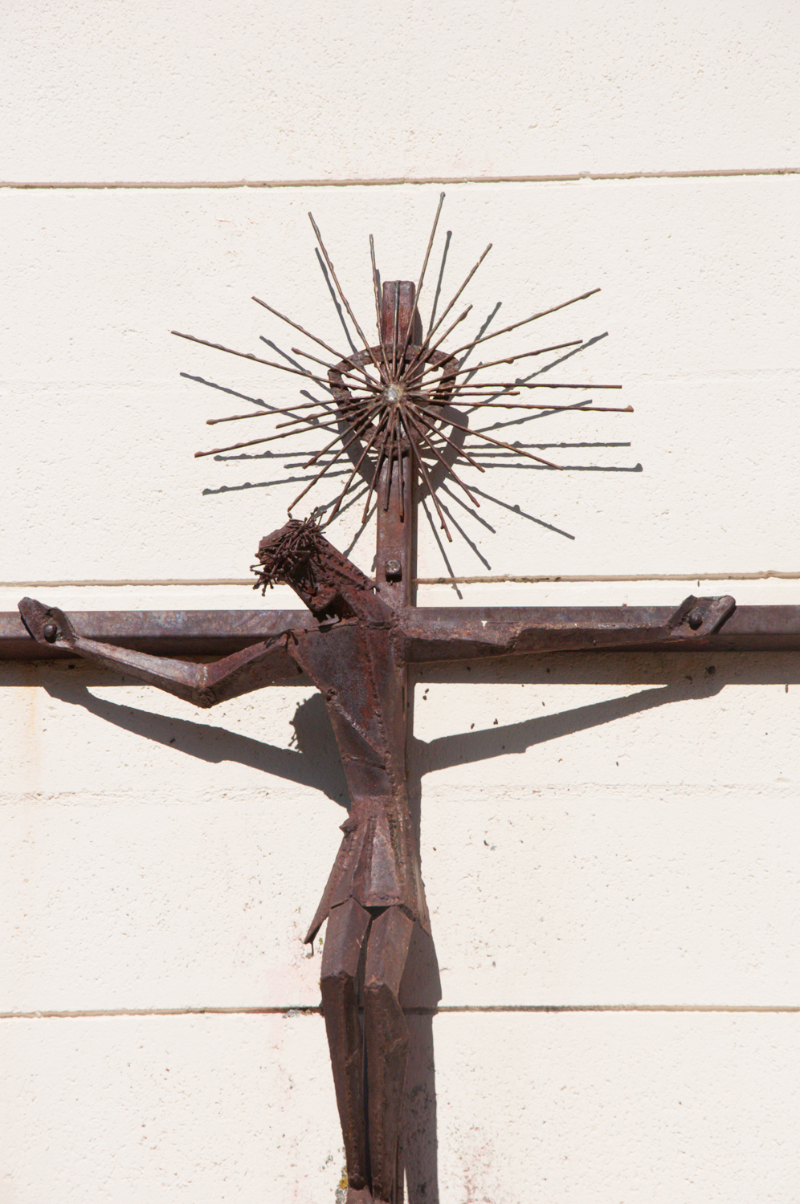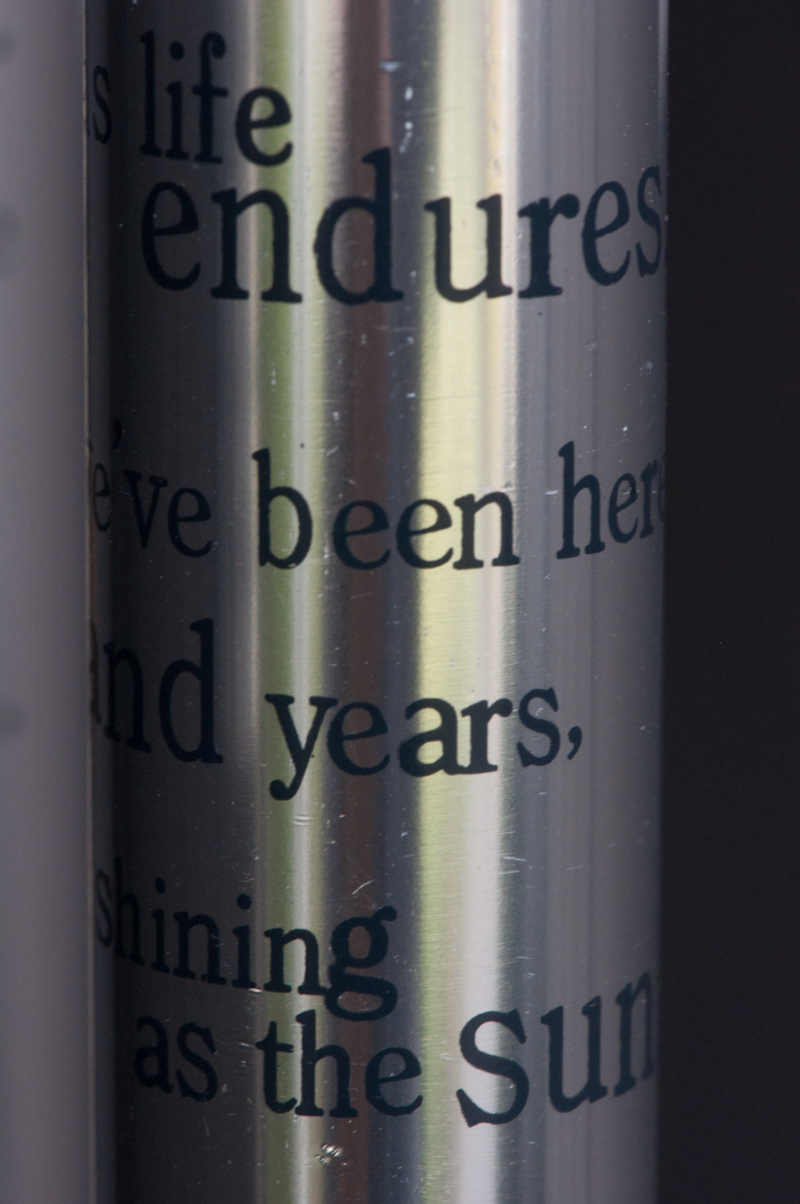5 Principles
Information You Need to Know
plan to keep it private
Privacy is key for journaling honestly. For centuries, people have explored their ideas in the privacy of their personal journals. Everything does not need to be explained because the writer is her only audience, and she knows the people and understands the context. When journalers write for themselves, they can focus on the meaning of a life event rather than on what others will think. They do not have to be balanced, careful, or nice. They can seek to understand their own reactions and feelings, mixed motives and false intentions, without having to censure their thoughts for fear of being found out. As a result, many come to understand themselves and their worlds better.
Tips for how to keep your journal private
know you can't fail
When you write in your journal, a teacher is not going to grade your writing. You don't need to worry about spelling, grammar, or handwriting. Every paragraph does not have to be logically connected. Journal keepers do not need to worry about journaling wrong. There is no such thing as "journaling badly." There is no way to fail.
it takes time to journal
Writing in a journal does take time. But not writing, may take more time. Consider the example of William Wilberforce who spent twenty years forming a coalition in Parliament to abolish slavery throughout the British Empire. When he was offered a promotion, he spent the rest of the week "with risings of ambition" until he paused on Sunday to reflect. It was then he realized that if he took the promotion he would throw away his life's work. He turned down the promotion. And just three days before he died, Parliament did abolish slavery. What if Wilberforce hadn't taken the time to reflect? Writing and reflection allowed Wilberforce to accomplish his life’s goal.
Be Honest
It serves no purpose to avoid the truth in our journals. However, it is extremely difficult to write honestly, avoid cliches and not make stock responses. When we fail to be honest, we are not getting the most out of our reflections. Our journals are intended to be safe places where we can shake our fists at heaven, weep in bitter despair, or shout at a family member without doing any harm.
We must be honest to get to know ourselves. True righteousness is a matter of our heart, not just our actions, so we must interrogate our perspectives and seek to be buck-naked honest with ourselves. When we write in our journal, we seek to uncover the real motivations from which our actions and decisions come.
The Choice is yours
I know that some people find even the suggestion of journaling a challenge. My hunch is that if you feel you can't keep a journal, it is because you have some preconceived ideas about what it means "to keep a journal" and you don't think that you can be that kind of person.
May I suggest that you leave behind all of those ideas and just begin. You do not have to keep a journal like someone else did. You don't have to write about what they wrote about. You don't have to write every day. You are free— free to choose when, and how, and what you write about. The choice about how to use your journal is yours.
“Write as you can....not as you can’t.”





